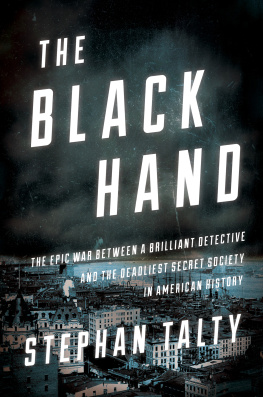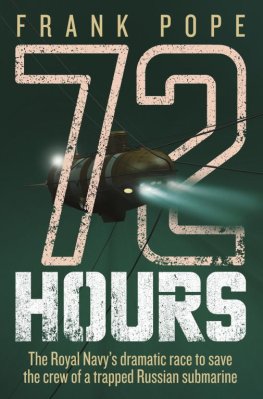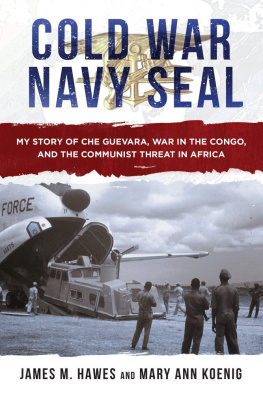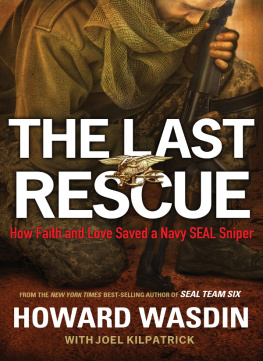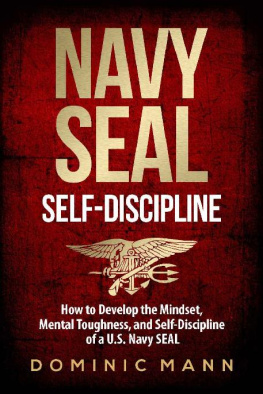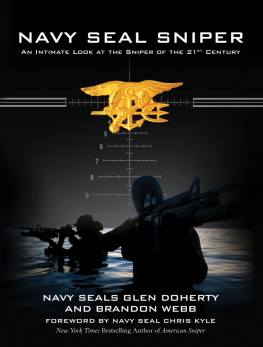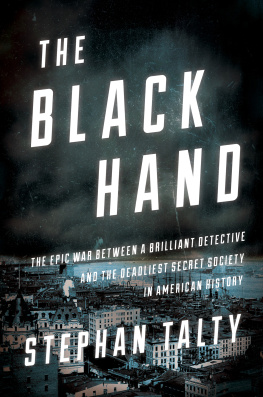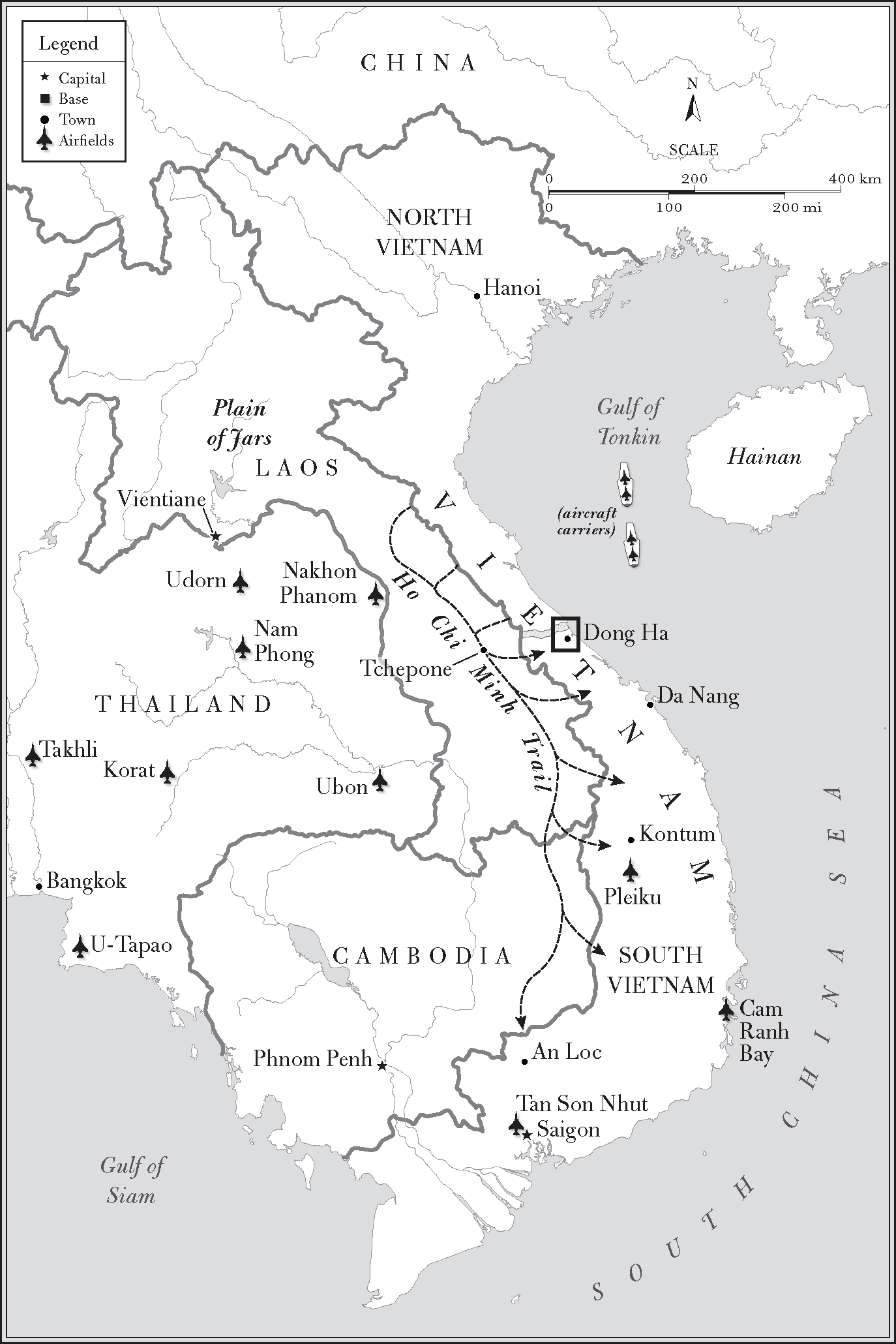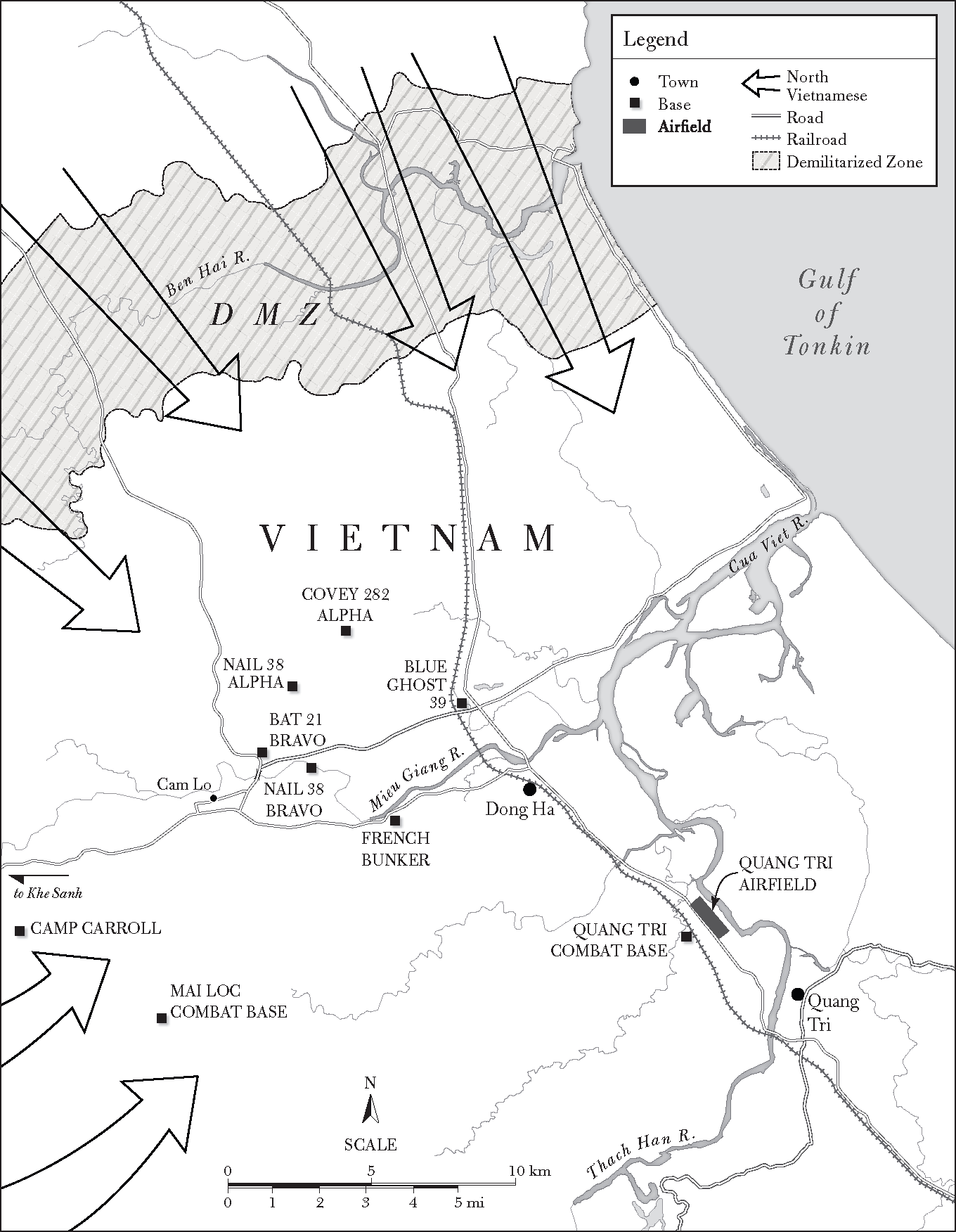Copyright 2018 by Stephan Talty
All rights reserved
For information about permission to reproduce selections from this book, write to or to Permissions, Houghton Mifflin Harcourt Publishing Company, 3 Park Avenue, 19th Floor, New York, New York 10016.
hmhco.com
Library of Congress Cataloging-in-Publication Data
Names: Talty, Stephan, author.
Title: Saving Bravo : the greatest rescue mission in Navy SEAL history / Stephan Talty.
Description: Boston : Houghton Mifflin Harcourt, 2018. | Includes bibliographical references and index.
Identifiers: LCCN 2018006365 (print) | LCCN 2018007171 (ebook) | ISBN 9781328866271 (ebook) | ISBN 9781328866721 (hardback)
Subjects: LCSH: Vietnam War, 19611975Search and rescue operations. | Hambleton, Gene (Iceal Eugene), 19182004. | Search and rescue operationsVietnam | United States. Navy. SEALsSearch and rescue operationsVietnam. | BISAC: HISTORY / Military / Vietnam War. | HISTORY / Military / Special Forces. | HISTORY / United States / 20th Century.
Classification: LCC DS559.8.S4 (ebook) | LCC DS559.8.S4 T35 2018 (print) | DDC 959.704/342dc23
LC record available at https://lccn.loc.gov/2018006365
Book design by Emily Snyder
Maps by Mapping Specialists, Ltd.
Cover design by Brian Moore
Cover photographs Getty Images (Navy Seal pin); Shutterstock (soldier and palm trees)
Author photograph Nathacha Vilceus
v1.1018
For the sixteen who didnt come back:
Wayne Bolte
Robin Gatwood
Charles Levis
Anthony Giannangeli
Henry Serex
Byron Kulland
Ronald Paschall
John Frink
Peter Hayden Chapman
James Alley
John Henry Call III
William Roy Pearson
Allen Avery
Roy Prater
Larry Potts
Bruce Walker
Authors Note
Darrel Whitcomb has been researching, writing, and lecturing on the Bat 21 mission since his service as an Air Force forward air controller in Southeast Asia in 1972. He allowed me to use his extensive collection of mission interviews, research material, maps, and photos for this book. Darrel provided key insights on combat, and specifically, rescue operations and military culture, and offered technical advice throughout. His help with this project has been invaluable.
Southeast Asia, April 1972
Positions of Hambleton and Others, April 1972
Prologue
The River
Gene Hambleton pushed himself away from the tree hed collapsed against and peered into the jungle. A stray beam of light had passed down between the fronds and thick vines that hung in front of him, illuminating something beyond them, something light among the dark browns and greens. He squinted. It looked like a sandbar.
The navigator managed to lever himself up and stumble over to the edge of the banana grove. He crouched down and placed his fingers on the last of the fronds, and pushed the leaves apart. There it was, a large, long sandbar, glowing in the sun, a slash in the thick foliage.
But a sandbar in the middle of the Vietnamese jungle? It was ridiculous. Hambleton thought, not for the first time, that he might be losing his mind.
He was aware that his condition was deteriorating rapidly. After eight days on the run from the enemy, with no food and fear a constant companion, he couldnt trust his own perceptions. His body was bruised, severely malnourished, and weak. Hed lost about forty pounds on his already thin six-foot-two frame; his once pristine flight suit hung on him, filthy and torn. The hallucinations hed been experiencing for the past day were growing more frequent and more lifelike. Perhaps this was one of them.
And yet there it was, a sandbar about fifty yards away.
Exhausted, the navigator lay down on the ground and stared in fascination at the line of tan, wishing the daylight were stronger so that he could get a clearer view. It was muggy. Mosquitoes buzzed; gibbons shrieked in the canopy. After four or five minutes, his eyes seemed to adjust and the thing below him swam into focus. Hambleton realized that hed been mistaken. What he was looking at wasnt a sandbar after all. It was a river.
The navigator was overcome with emotion. Hed found the Mieu Giang at last, which meant he was close to being rescued. He would not be marched to Hanoi, as hed feared, and tortured to give up his secrets.
Hambleton struggled to his feet, staring at the rolling water. His self-control deserted him and he hurried forward toward the river. He had to reach it; his rescuers might be waiting. The stealth hed practiced so obsessively for the past days disappeared as he thrashed through the foliage, shoving the thick leaves aside and pushing his body through the gaps. As he careened forward, the ground dropped away from under him and he fell heavily. Hed blundered over the lip of an embankment, and now he tumbled down its side, his body turning somersaults. He raised his arms to protect his head as he pounded down the slope. After a few seconds, Hambleton crashed into a tree trunk and stopped dead. He could hardly breathe.
Unable to stand, he began to crawl on his belly. When he finally reached the rivers edge, he put his hands into the water and splashed some back and forth, delighting in its texture. It had to be the Mieu Giang. Though he knew Vietnamese rivers were often full of bacteria that caused terrible diseases, his throat was bone dry and so he plunged his face into the water and drank. Thank you, sweet Jesus, he said. Thank you.
After hed been shot down, Hambleton had vowed to himself that he wouldnt be captured. One reason was his desire to see Gwen, his willowy beloved wife, again. The other had to do with the Cold War. In nearly thirty years in the Air Force, hed worked on highly classified missile systems and specialized in electronic counter-warfare, collecting top-secret information that the Soviets coveted. In his memory lay the inner workings of advanced radar systems and the names of the cities that American nuclear warheads were pointed toward at that very moment. Now he would make it out of the jungle without having to reveal them to the KGB agents stationed in Hanoi. Just by surviving, he would prove to his father and his war-hero brother that he too could display courage under great stress, that he was a man to be reckoned with.
As Hambleton studied the river, however, his mood darkened. He couldnt tell how wide it was but guessed two hundred feet. What had looked like a godsend only moments before, he later recalled, now looked like an impassable abyss. He could barely walk. How was he supposed to swim across that?
He rested until the sky turned dark. When he awoke, there were rustling sounds from above. They were coming from the foliage on the edge of the embankment. Something was heaving itself through the underbrush, thwacking its way forward. More than one thing. It could only be the North Vietnamese.
The water was shallow as he hurried into it. The stones cut painfully into his feet, but he couldnt cry out in case the NVA soldiers heard him. The water rose up to his chest as he forged into the current and pushed downstream as fast as he could.
As he rushed downriver, the bottom beneath his feet dropped away and Hambleton plunged into the cold depths, his head sinking under the surface. Underwater, he fought for breath, kicking and flailing, trying to push himself higher. But the heavy survival radios weighed him down, and he only sank deeper into the translucent darkness.

